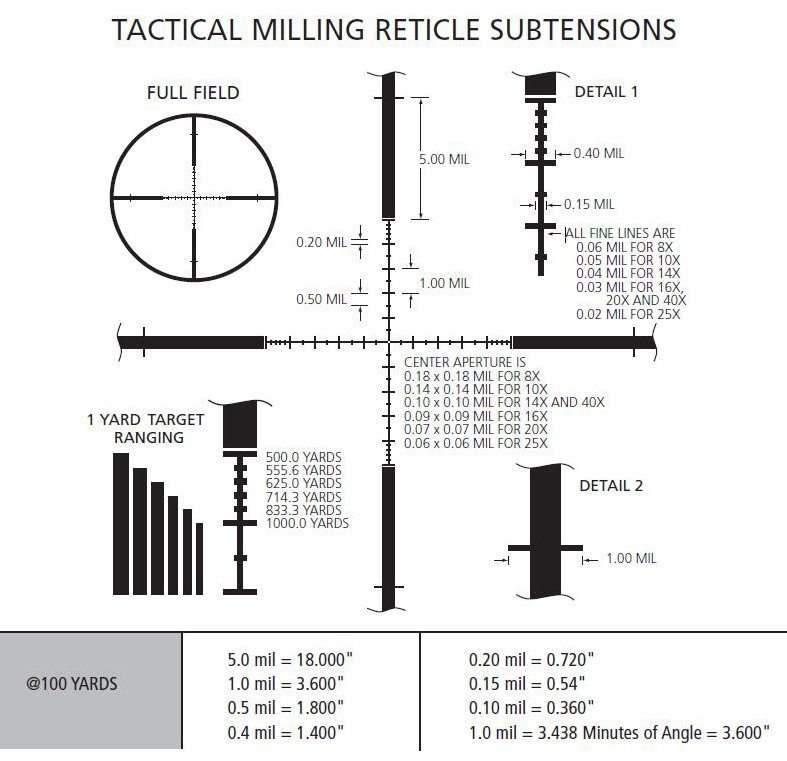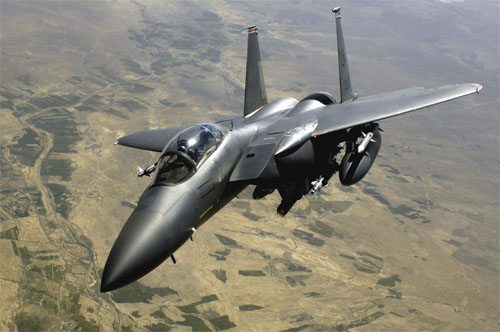http://www.pinr.com, The geography of the Middle East is subject to direct international interference through the interventions in Afghanistan and Iraq and through political attempts to transform the region socially, politically, and economically. Calls for reform and renovation have reached a heightened level, and Western states are pushing for the development of good governance, democracy, and human rights in Middle Eastern societies.
Turkey, Syria and Iran are influential actors in Middle Eastern politics. The relations and the cooperation between these states occur at a time when Syria and Iran have been accused by the Bush administration of being antagonists to a peaceful and democratic international system. The ongoing relations between these states, and how these states interact with the international community, is revealing since they are important components of the regional power balance.
Regional Interactions
The U.S. administration adopted a high profile policy against Syria and Iran and poses a threat to these countries. Washington accuses the two states of supporting terrorism in the region, pursuing clandestine activities in Iraq and building weapons of mass destruction. Among these two, the Bush administration primarily points out Iran for its alleged nuclear weapons program. The Bush administration argues that Iran is very close to acquiring nuclear weapons considering the progress of its nuclear-enrichment facilities. The administration is pursuing a number of measures to slow Iran's development of nuclear material, from tightening the economic sanctions policy on the country to attacking its nuclear facilities.
To Read more visit link below:









